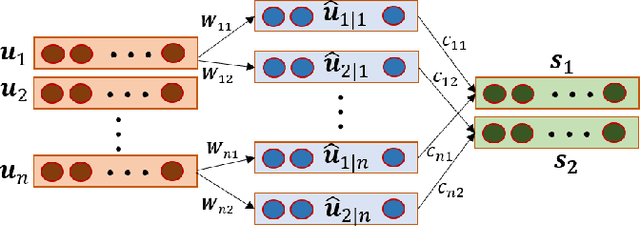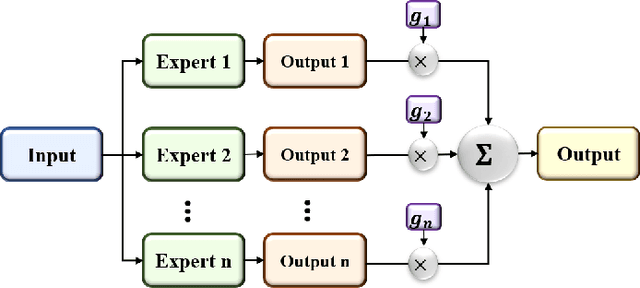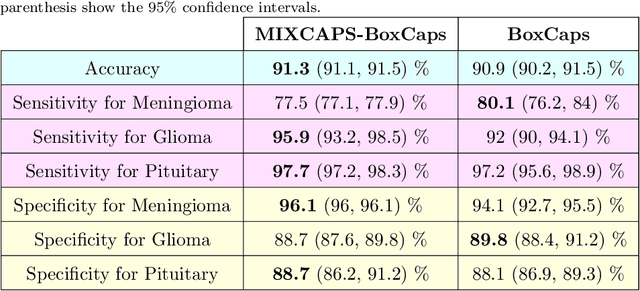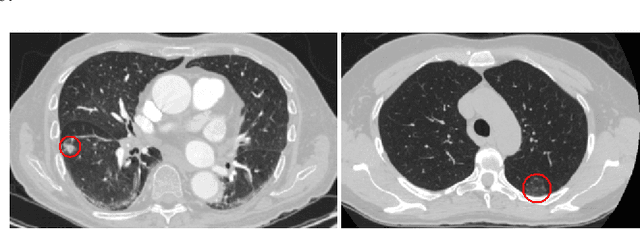MIXCAPS: A Capsule Network-based Mixture of Experts for Lung Nodule Malignancy Prediction
Paper and Code
Aug 13, 2020



Lung diseases including infections such as Pneumonia, Tuberculosis, and novel Coronavirus (COVID-19), together with Lung Cancer are significantly widespread and are, typically, considered life threatening. In particular, lung cancer is among the most common and deadliest cancers with a low 5-year survival rate. Timely diagnosis of lung cancer is, therefore, of paramount importance as it can save countless lives. In this regard, deep learning radiomics solutions have the promise of extracting the most useful features on their own in an end-to-end fashion without having access to the annotated boundaries. Among different deep learning models, Capsule Networks are proposed to overcome shortcomings of the Convolutional Neural Networks (CNN) such as their inability to recognize detailed spatial relations. Capsule networks have so far shown satisfying performance in medical imaging problems. Capitalizing on their success, in this study, we propose a novel capsule network-based mixture of experts, referred to as the MIXCAPS. The proposed MIXCAPS architecture takes advantage of not only the capsule network's capabilities to handle small datasets, but also automatically splitting dataset through a convolutional gating network. MIXCAPS enables capsule network experts to specialize on different subsets of the data. Our results show that MIXCAPS outperforms a single capsule network and a mixture of CNNs, with an accuracy of 92.88%, sensitivity of 93.2%, specificity of 92.3% and area under the curve of 0.963. Our experiments also show that there is a relation between the gate outputs and a couple of hand-crafted features, illustrating explainable nature of the proposed MIXCAPS. To further evaluate generalization capabilities of the proposed MIXCAPS architecture, additional experiments on a brain tumor dataset are performed showing potentials of MIXCAPS for detection of tumors related to other organs.
 Add to Chrome
Add to Chrome Add to Firefox
Add to Firefox Add to Edge
Add to Edge